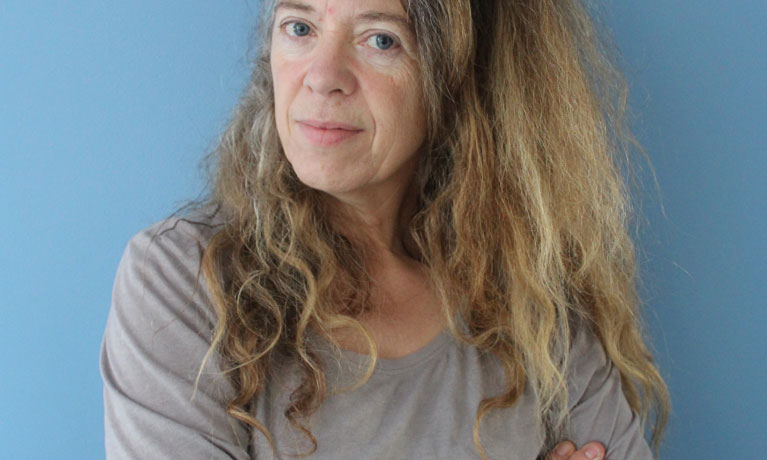By Professor Sarah Whatley, ahead of The Centre for Dance Research‘s upcoming event.

Stimulating and supporting the future of dance research in the UK.
Dance is important in many ways. Dance research is also important in countless ways. Dance research has contributed to improving people’s lives through participating in dance, viewing dance, making dance, and performing dance.
Research has taught us about how dance is at the centre of many communities, how dance has contributed to our cultural heritage, how dance improves health and wellbeing, enhances community identity, and how dance can challenge prejudices and inequalities. Dance research has made a significant contribution to the knowledge base of the nation and countless new initiatives have had a positive impact on the cultural life of us all. Dance research helps us to understand how we lived in the past and will help us live better in the present and future.
The world has faced unprecedented challenges during 2020, which will likely shape our lives well into the future. Changing the way we live has awakened the dormant dancer in many people, whilst reminding us that we are deprived of what dance does so well and helps us thrive; human touch and contact. Research that deals directly with global issues such as public health, climate change, clean energy and so on, is vital. But so is research that focuses on quality of life and what matters to being human. Dance is often relegated to the margins of what matters.
Dance Studies is a relatively young discipline but dance research has grown to be diverse and impactful. Much of what is published, whether through text or other modes, is produced through unfunded research, reflecting the energy, imagination and commitment of the research community. Researchers are often also practitioners, or do research in collaboration with practitioners. Intrinsic research has developed the discipline and researchers have been recognised through awards and prizes. Research can be conducted in partnership with other disciplinary experts. Dance can be an equal partner in multi-disciplinary projects to advance knowledge in fields as varied as computing, AI, medicine, law, engineering and much more. Dance increasingly serves as a tool for other researchers who are drawn to the particular bodily knowledge and experiences that dancers hold.

Numerous examples show how dance is core to research, or part of a chain in which dance is critical for advancing knowledge. Dance historians have shed new light on how dance encapsulated or presaged shifts in culture and society. Choreographic and performance research has expanded the field of embodied practice. Dance ethnographers have for many years shown the importance of dance for anthropological research and for understanding how societies form. Scientists acknowledge that dance has led to new insights into how the brain coordinates movement. Dance has led to new therapies for people with movement disorders, such as Parkinson’s disease. How humans dance has also encouraged scientists to study how animals and birds ‘appear’ to dance, and then to understand the connections between the brain’s motor system and auditory context. Dance can reveal more about human motivation, supporting physical fitness and psychological wellbeing. Dance tells us more about how humans learn and sometimes controversially, how dance operates in the context of courtship. Dance has informed the digital humanities, and benefited from new technologies that have transformed ways of experiencing, recording and sharing dance.
Dance researchers who contribute knowledge about the complexities of human motion have enabled roboticists to understand human-machine interactions that can have many applications. Social scientists have turned to dance to research questions around multiple areas, such as politics, race, ethics and economic structures. Dance philosophers have contributed to broadening analytic approaches whilst expanding understanding of what dance ‘is’. Sir Ken Robinson, who was such an advocate for dance and sadly died in 2020 summed up dance well by saying: “Nobody invented dance. It is deep in the heart of every culture throughout history; dance is part of the pulse of humanity”.
And yet…
Despite the success of dance research and researchers, recent years have seen the arts undermined in the national school curriculum and a consequent decline in participation in dance in Higher Education. But this hasn’t dampened the need for research in which dance participates.
Research has proved that dance expertise is vital for understanding and developing cultural expressions, and how we live well, and together. Whilst dance researchers have responded to the increased focus on challenge-led research initiatives, less funding has been sought by and awarded to dance research/ers in recent years.
An instinct to fight for recognition, and a desire for funding that reflects the importance and value of the field, is now more urgent than ever before. But precisely because we have fought for so long for dance to be recognised and taken seriously, we can find ourselves grateful to be included even when that inclusion undermines the core values of dance. We need to be at the table but as an equal player, reminding our colleagues in engineering, technology, and all other fields where dance has contributed (often silently and anonymously) that dance is so much more than virtuosic display, more than entertainment.
And yet…
Despite the pressures, exciting and significant new research in dance is being generated and is opening up new lines of enquiry, and new ways in which dance research can, and should, be funded. Now is the time to develop strategies to increase recognition for dance research and to increase the total research funding awarded in the future. These strategies may include ensuring that dance experts play a larger role in decision-making processes, and advising on future research directions and funding programmes. Making our research more visible, in terms of its scale, methods, outputs and impacts is also needed, as is more support for the next generation of dance researchers.




Comments are disabled